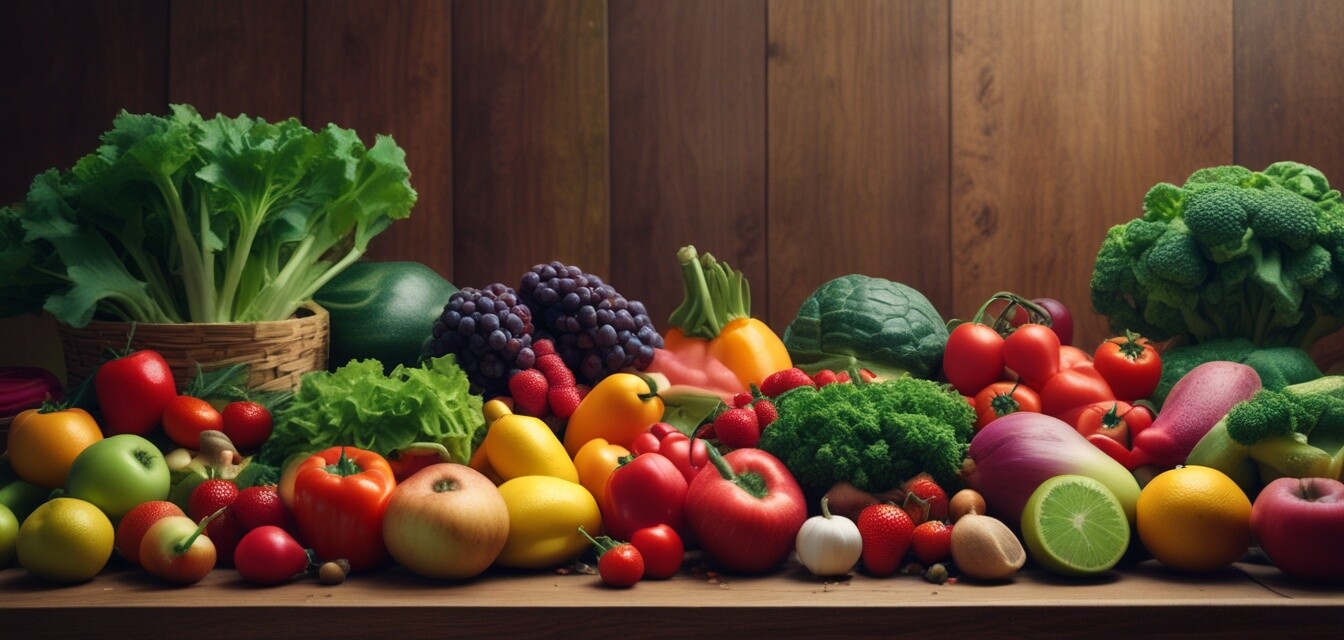
Foods That Can Help Fight Seasonal Allergies
Key Takeaways
- Dietary choices play a significant role in managing seasonal allergies.
- Incorporating specific foods can support immune health.
- Regular consumption of anti-inflammatory foods may reduce allergic reactions.
- A balanced diet enhances overall well-being during allergy seasons.
Seasonal allergies can be a nuisance, hindering daily activities and lowering quality of life. While medications are often the first line of defense, dietary choices can also play a significant role in managing symptoms. This article explores various foods that may help support your immune system and potentially alleviate seasonal allergy symptoms.
Understanding Seasonal Allergies
Seasonal allergies, also known as hay fever or allergic rhinitis, occur when the immune system overreacts to allergens in the environment. Common triggers include pollen, mold spores, and dust mites. Symptoms may vary, but often include sneezing, a runny nose, itchy eyes, and fatigue.
While it is essential to identify and minimize exposure to allergens, dietary improvements can serve as a complementary strategy. A well-rounded diet rich in diversity can empower your body to combat these irritants. Below are several categories of foods to prioritize in your diet.
Anti-inflammatory Foods
Reducing inflammation is key to managing allergies. Incorporating the following anti-inflammatory foods into your daily meals can be beneficial:
| Food | Benefits |
|---|---|
| Fatty fish (e.g., salmon, sardines) | Rich in omega-3 fatty acids that can help fight inflammation. |
| Leafy greens (e.g., spinach, kale) | High in vitamins and antioxidants that support immune function. |
| Berries (e.g., blueberries, strawberries) | Known for their high antioxidant content, helping to reduce inflammation. |
| Walnuts | A great source of omega-3s and anti-inflammatory compounds. |
| Turmeric | A spice with powerful anti-inflammatory properties, often used in cooking. |
Immune-Boosting Foods
A strong immune system is essential in combating allergy symptoms. Consider adding the following immune-boosting foods to your diet:
- Garlic: Known for its antimicrobial properties, garlic can enhance immune function.
- Citrus fruits: Rich in vitamin C, fruits like oranges and grapefruits can help strengthen the immune response.
- Ginger: This root can assist in reducing inflammation and enhancing overall immunity.
- Yogurt: Probiotics found in yogurt can support gut health, which is linked to immune response.
- Green tea: Full of antioxidants, green tea can enhance health and reduce allergy symptoms.
Hydrating Foods
Staying hydrated is crucial during allergy season. Foods with high water content can help keep you hydrated and ease nasal congestion:
| Food | Water Content (%) |
|---|---|
| Watermelon | 92 |
| Cucumber | 95 |
| Oranges | 86 |
| Strawberries | 91 |
| Celery | 95 |
Foods to Avoid
In addition to adding beneficial foods, it’s important to avoid items that may trigger allergy symptoms or worsen inflammation:
- Processed foods: Often contain preservatives and additives that may trigger allergic reactions.
- Dairy products: Can cause mucus production, exacerbating nasal congestion.
- Sugary foods: High sugar intake can increase inflammation, worsening allergy symptoms.
- Alcohol: Can dehydrate the body and increase histamine production.
Practical Tips for Incorporating Allergy-Fighting Foods
To maximize the benefits of these dietary recommendations, consider the following tips:
Beginner's Section
- Start your day with a smoothie packed with spinach, berries, and yogurt.
- Substitute unhealthy snacks with nuts or fruits to maintain energy levels.
- Experiment with herbs and spices like turmeric and ginger in your cooking for added flavor and health benefits.
- Stay hydrated by incorporating high-water fruits and vegetables into your meals.
- Plan your meals ahead to ensure a variety of the aforementioned foods are included.
Conclusion
Although seasonal allergies can be challenging, your dietary choices can help make a difference. By incorporating anti-inflammatory, immune-boosting, and hydrating foods into your daily routine, you can support your body in managing allergy symptoms more effectively. Remember that every individual’s response to foods can vary, so consider keeping track of how different foods affect your allergies. For more tips and best practices on managing seasonal allergies, check out our Tips and Best Practices section.
Pros
- Can potentially alleviate allergy symptoms.
- Supports overall health and immune function.
- Enhances daily energy levels.
Cons
- Dietary changes may take time to yield results.
- Individual responses to foods can vary.
- Requires consistent efforts to maintain a healthy diet.